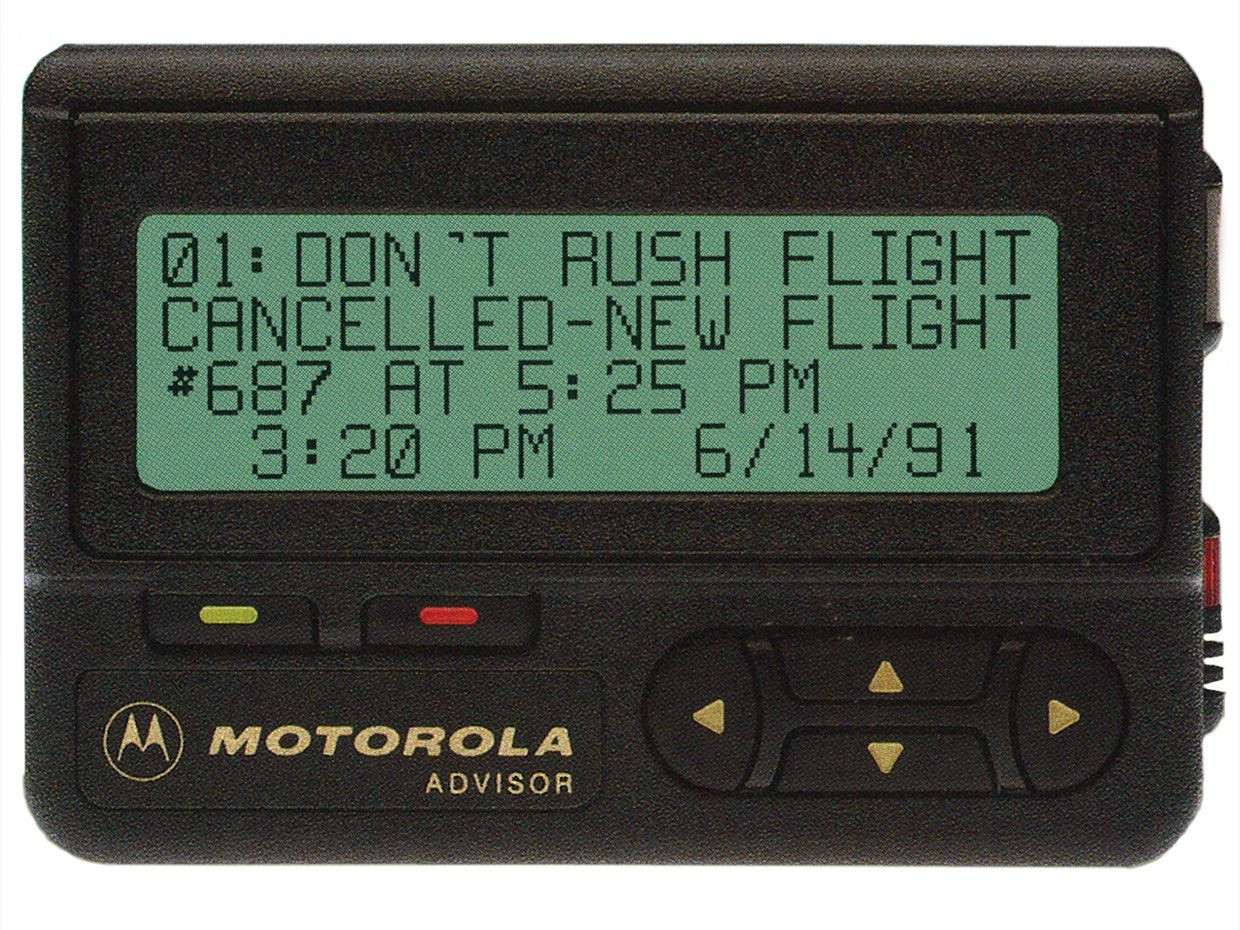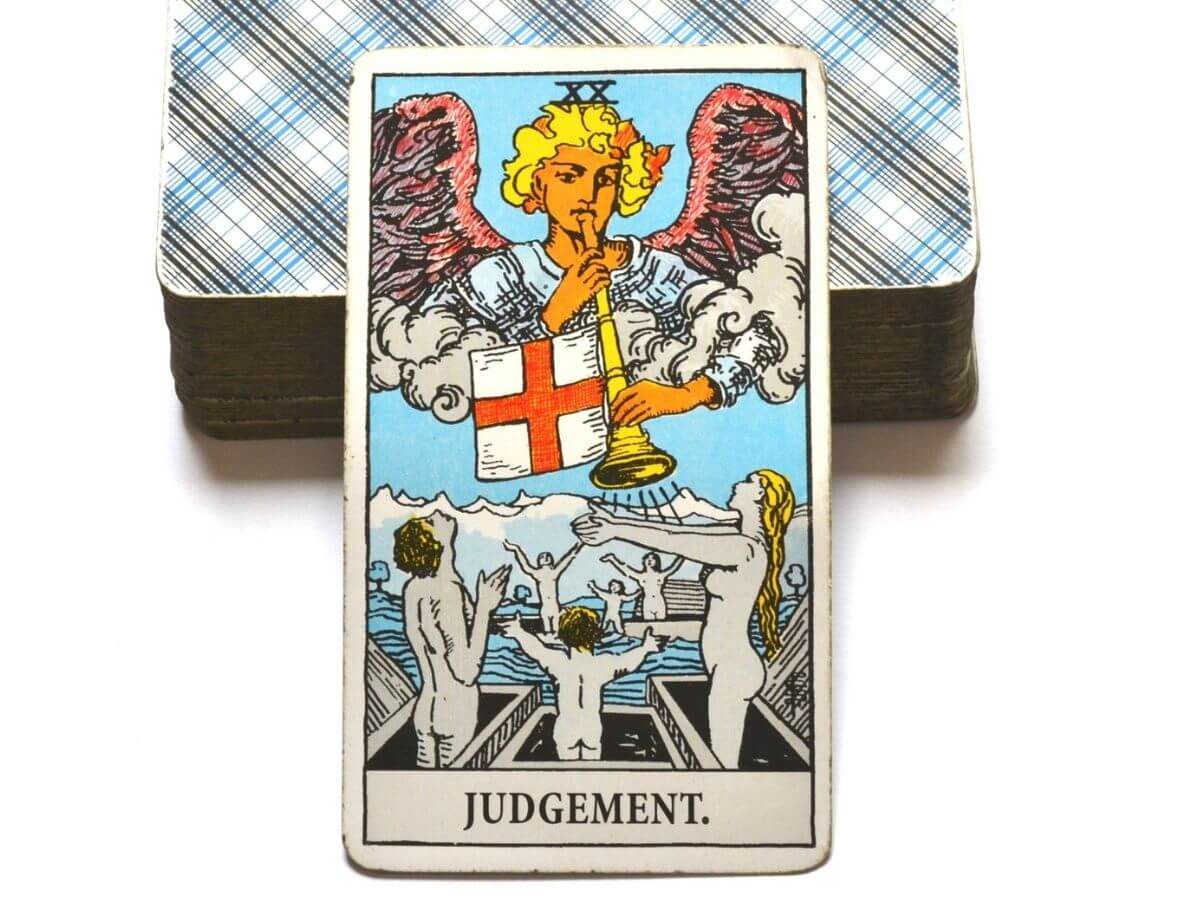21. Judgement Day
Title
In the Abrahamic religions, and Zoroastrianism, Judgment Day is the final reckoning of all souls in the Afterlife. It doesn't have much to do with Terminator 2: Judgment Day, but that's a great film, and one of my favourites.
I originally explained why the chapter had to be called "Judgment Day" because it refers to a legal term and not the usual spelling of judgement. However I was persuaded by obliviablack to stick to judgement as being technically correct was too persnickety and confusing. And as she actually works for a dictionary I found it very hard to argue! Thanks for this help!
So I've gone back and changed the spelling in Between Life and Death, and also altered the original entry here.
https://youtu.be/IXdNnw99-Ic
Quote
From the 1975 song "Wish You Were Here" by Pink Floyd. It was based on a poem Roger Waters wrote about their former band mate Syd Barrett, who retired from music in 1972 due to severe mental illness, and became a recluse.
The band last met him in 1975, and were shocked that they no longer recognised him. Roger Waters glimpsed him in a luxury department store in 1979, the final sighting any of them had before Barrett's death in 2006. "Wish You Were Here" is often chosen as a funeral song.
The lines I chose from the song,
So you think you can tell
Heaven from Hell?
Blue skies from pain?
display a certain scepticism about the Assessment process, and whether the judge will really have an understanding of Julian's situation.

Assessment Centre
The classical style white marble Assessment Centre is based on American courthouses, so familiar to us from legal shows and films.

Pagers
We learn in this chapter that Waystation staff use pagers (beepers) to communicate with each other – popular 1980s technology which allows text messages to be transmitted instantly. People at the Waystation must be able to keep up with technology on Earth, and presumably today are using tablets and mobile phones.
Rain on the Assessment Day
Marcus tells Julian there is a superstition at the Waystation that it is lucky to have rain on the day of your assessment, meaning you are more likely to go Forward. The logical Marcus is quick to dismiss this notion.
I based this on the old folklore that it is lucky to have rain on the day of a funeral, as a sign that the person being buried has gone to Heaven. Noel thought that superstitions were no longer needed in the Afterlife, but it seems that some people still cling to them, even at this point.
You'll notice the rain smells of freshly grown grass and deep mossy forest, just like the real rain I walked in. I had a lot of trouble deciding on what the rain would smell like (hyacinths? orange peel? Earl Grey tea? pine needles?) and if it would actually be nice. In the end I went with something I knew from experience was pleasant.
Julian's Eighteenth Life
Julian discovers that Noel's Case Worker, Jeannie, was his own Case Worker at the end of his previous life, his eighteenth. We know nothing about this life, except that, for whatever reason, Julian had little chance of being sent Forward once he arrived at the Waystation.
Jeannie did her best to have Julian sent Sideways, and was shocked when he was sent Back instead, to be reborn as Julian Pettifer. Jeannie was able to recognise Julian in his present form, because having been Forward, she can see his soul. You might remember that Miranda was able to recognise Rudi each time he arrived at the Waystation, and even Noel said he could sort of see a resemblance between the different people he was in his past lives.
For more about the number 18, see 6-6-6 in the previous chapter.
Muzak in the Lift
Julian can't believe that the music in the lift is a muzak arrangement of Led Zeppelin's song, "Stairway to Heaven". Marcus explains it's one of the little jokes they make at the Waystation, in the belief that it lightens the mood.
Assessment Room 6
Number 6 again, which we already know is the number for The Lovers tarot card – a soulmate card. Also note that when this card comes up, it denotes an important choice coming up, where two distinctly different possibilities will be presented.
The assessment room is designed rather like a university lecture theatre, with the judge at the bottom in the same position the lecturer would take. I could see the assessment room in my head, and only later did I realise that's what I'd based it on. It made sense to me, because Julian was a university student shortly before the story opens, and it brings to mind exams and assessments as part of the university experience.
About 1000 people die in the UK each day. If there's twenty assessment rooms, that would be around 50 people per assessment room. Eight hours of Assessments means about six people being assessed per hour, which equals an average of ten minutes per assessment. I think this just works, especially if the assessments go overtime, which they probably would.
Besides, time and space work quite differently there, so I don't know why I'm spending so much time punching numbers into the calculator.
(The wonderful obliviablack did express some doubts as to whether one assessment centre would really be enough for so many people. I did go back to Chapter 10 to see if I could make it one of three assessment centres, but it then seemed even more implausible that they would all be in the same room. It was getting very complicated, so I decided to just stick with one.)

Chapter 21
A few times I've written about neat little coincidences where a number I'm using in the story happens to be the same as the chapter. Well, in this case it didn't work out. 20 is the number of the tarot card for Judgement, but "Judgement Day" is Chapter 21. This is mildly irritating for me.
Write What You Know
When Marcus hands the security guard Julian's official papers, Graham complains that Julian's photo doesn't really resemble him, and the skin tone in the photo looks much darker. However, Marcus explains that this is a problem with the photographic process, which Graham accepts.
This is based on my experience getting a student ID card when I started university. The picture on the card was a black and white photocopy of my photo. I have curly brownish-blonde hair and pink cheeks that flush easily – the photo was taken in summer, and the pink in my cheeks came out a sort of dark grey in black and white. Coupled with my curly hair, I basically looked black in the photo. I spent the rest of the academic year explaining it really was me on my ID card!
Characters
Marcus
We see Marcus again in this chapter – with the assessments about to begin, Marcus' job as Julian's Case Worker becomes vitally important. He's also the first person we see take a serious interest in the problems Julian has been having at the Waystation, and begins an investigation. He tells Julian that he and Noel are not like Rudi and Miranda, because they didn't meet at the Waystation, but on Earth (even if Julian didn't consciously notice Noel at the time). However, Marcus admits that he can't be completely sure because their situation is so rare.
Jeannie
We meet Noel's Case Worker Jeannie in this chapter. She seems like a good fit for Noel, being a chic Frenchwoman who has added high heels and pearls to her dark blue uniform. I do realise now that there's a bit of national and ethnic stereotyping in this story, but not in a negative way.
Graham
The security guard at the Assessment Centre, who we earlier met in Chapter 5, where he played on the same football team as Noel. He's based on Graham, the security guard at the zoo in the radio series of The Mighty Boosh, played by comedian Lee Mack. In the show, there was a running gag where Graham would routinely forget who Howard/Julian was, say his ID card didn't resemble him, and refuse him entry to the zoo.
Edith, Thomas, and Bronwen
Julian's friends from the Wayfarers Inn are conveniently in the same Assessment Room.
The Waystation Council of Residents
A gallery of twelve people at the Assessment, including Pauline, Phil, and Pedro, who are at first mistaken for a jury by Julian. Marcus explain they are simply there to oversee the proceedings, and if necessary, to serve as a panel of expert witnesses. They are rarely called upon, and Marcus and Jeannie urge Julian and Noel to pay them no attention, lest they get distracted. Yeah ... any time an author slaps a big, "Hey don't look at this thing" sign on something, you just know it will be important later.
Chief Justice Nasati Dharmayama
The judge for this Assessment Room. Dramatic entrance, almost no description, and ... cliffhanger!

Bạn đang đọc truyện trên: AzTruyen.Top